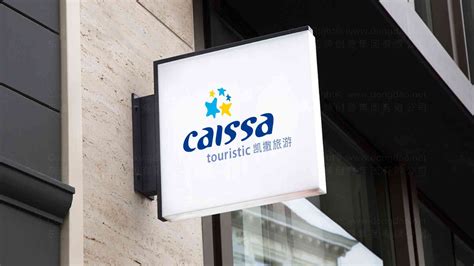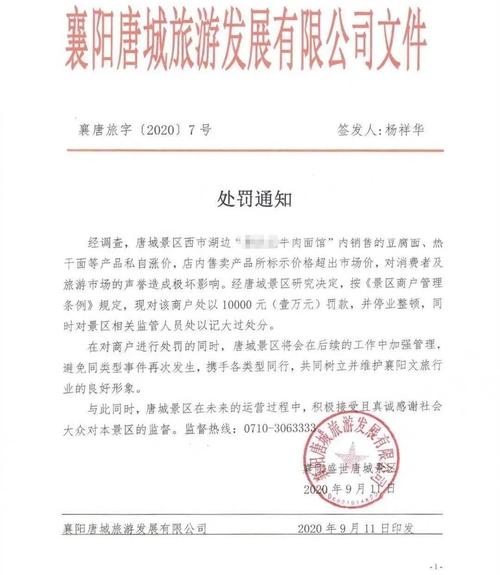旅游英语unit4
Title: Exploring Travel English: Unit 5
Introduction
In Unit 5 of Travel English, we delve into conversations and vocabulary relevant to hotel accommodations, making reservations, and addressing issues that may arise during your stay. Whether you're a traveler seeking to enhance your communication skills or a hospitality professional aiming to improve interactions with Englishspeaking guests, mastering the content of this unit is crucial. Let's explore the key topics and phrases covered in this unit, along with practical guidance for effective communication in hotel settings.
Making Reservations
One of the fundamental aspects of travel is booking accommodations in advance. In Unit 5, you'll encounter essential phrases for making reservations at hotels. Here are some common phrases you may find useful:
"I'd like to make a reservation for [number of nights] nights, please."
"Do you have any rooms available for the dates of [specific dates]?"
"What's the rate for a single/double room?"
"Could I reserve a room with a [specific requirement], such as a sea view?"
"Can I cancel or modify my reservation?"
Handling Inquiries and Requests
Effective communication involves not only making reservations but also addressing inquiries and fulfilling guests' requests promptly and courteously. In this unit, you'll learn phrases to handle various situations:
"Could you provide extra towels/toiletries?"
"Is there a shuttle service to the airport/train station?"
"How do I connect to the WiFi?"
"Could you recommend any nearby restaurants/attractions?"
"I'm experiencing issues with [specific problem]. Could you please assist me?"
Dealing with Problems and Complaints
Despite efforts to ensure a pleasant stay, problems or complaints may arise. Unit 5 equips you with language skills to handle such situations professionally:
"I'm sorry for the inconvenience. Let me see how I can assist you."

"We appreciate your feedback and will take steps to address the issue."
"Would you like us to move you to a different room?"
"I understand your concerns. Let me speak with my manager to find a solution."
"As a gesture of goodwill, we'd like to offer you [compensation or alternative]."
Cultural Sensitivity and Etiquette
Understanding cultural nuances is vital in the hospitality industry. Unit 5 emphasizes the importance of cultural sensitivity and provides insights into respectful communication:
Acknowledge cultural differences in greetings, gestures, and personal space.
Use polite language and expressions, such as "please," "thank you," and "excuse me."
Be attentive to cultural preferences regarding food, customs, and religious practices.
Avoid assumptions based on stereotypes and demonstrate openness to diverse perspectives.
Practical Tips for Effective Communication
Mastering Travel English involves more than memorizing phrases; it requires developing effective communication skills. Here are some practical tips:
1.
Practice Active Listening:
Pay attention to guests' needs and concerns, and respond accordingly.2.
Speak Clearly and Confidently:
Enunciate words clearly and maintain a calm and professional tone.3.
Be Patient and Empathetic:
Show understanding and empathy towards guests' inquiries and issues.4.
Seek Clarification if Needed:
If you're unsure about a request or question, don't hesitate to ask for clarification.5.
Continuous Learning:
Regularly review and expand your vocabulary and language skills to enhance communication abilities.Conclusion
Unit 5 of Travel English equips you with essential language skills and phrases for seamless communication in hotel settings. By mastering reservation procedures, handling inquiries and requests, addressing problems and complaints, and practicing cultural sensitivity, you can elevate the guest experience and ensure memorable stays for travelers from around the world. Remember, effective communication is the cornerstone of exceptional hospitality.









评论